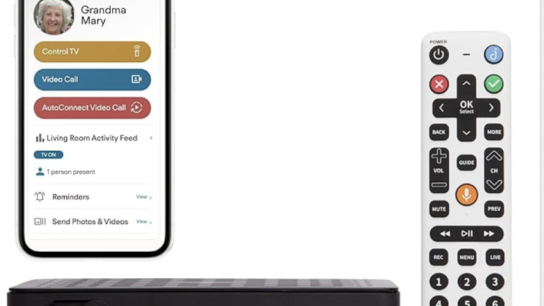Of all the ups and downs that occur when caring for an elderly parent with dementia, one of the most challenging is handling the times they get agitated and distressed. It’s not their fault; dementia can change their behavior and cognition, leading to confusion, frustration, and anger. But if you know how to effectively redirect your parent’s attention and diffuse their irritation, you can maintain the peaceful and supportive environment you want for them.
Here are some strategies for dealing with this situation:
Understanding the Triggers of Their Agitation:
First and foremost, you’ve got to understand the potential triggers that get your parent agitated. These can vary widely depending on mom or dad’s unique experiences, preferences, and the stage of their dementia. But common triggers include changes in their routine, fatigue, hunger, overstimulation, discomfort, and unfamiliar environments. Identifying specific triggers will allow you to anticipate a problem, limit their potential exposure, and reduce their agitation.
Remain Calm and Patient:
It’s not always easy, but it’s really important you stay calm, patient, and composed. Use a gentle and reassuring tone with your parent, steering clear of a confrontation and/or acting dismissively. Speak in a soothing tone and maintain eye contact to convey empathy and understanding. Your own demeanor can really influence the atmosphere and help de-escalate the situation.
Validate Your Agitated Parent’s Feelings and Emotions:
Acknowledge and validate your parent’s feelings and emotions, even if you don’t fully understand the source of their agitation. Use phrases like “I understand that you’re feeling upset” or “It’s okay to feel frustrated.” Validating their emotions can help your parent feel heard and respected, reducing the intensity of their agitation. (Are you seeing how it’s similar to raising your children? Some of the following will also feel familiar…)
Redirect Attention:
One of the most effective strategies for managing an agitated dementia parent is redirecting their attention to a different activity or topic. Offer a distraction by engaging them in something familiar and enjoyable, like listening to music, looking at old photographs, or going for a short walk. Redirecting their focus can help shift their attention away from the triggering stimulus and promote a sense of calm.
Use Gentle Touch and Physical Contact:
Physical touch can be a powerful tool for comforting and reassuring parents with dementia. Gentle hugs, hand-holding, or a reassuring pat on the shoulder can convey warmth and support. Physical contact helps establish a connection and provide a sense of security, especially during moments of agitation.
Create a Calming Environment:
Change the environment to create a calm and soothing atmosphere that promotes relaxation. Reduce noise levels, minimize clutter, and eliminate any potential sources of overstimulation. Create a designated quiet space where your parent can retreat when feeling overwhelmed, equipped with comforting items like soft blankets or familiar objects.
Offer Choices and Empowerment:
Give your parent the opportunity to make simple choices and maintain a sense of control over their environment. Offer options for activities, meals, or clothing; this will allow them to express their preferences and feel empowered. Empowering your parent can help alleviate feelings of frustration and agitation associated with loss of independence.
Seek Professional Support:
If agitation becomes frequent or severe, seek support from healthcare professionals specializing in dementia care. A geriatrician, neurologist, or psychiatrist can assess your parent’s condition, provide personalized interventions, and offer guidance on managing challenging behaviors. You might also consider joining a support group for caregivers of individuals with dementia – you may learn from others’ experiences, and see that you are not alone in the challenges you face.
Managing agitation and triggering in a dementia parent requires patience, empathy, and creative strategies. Utilizing these suggestions should help you navigate moments of agitation and promote a sense of comfort and well-being for your parent. What techniques have you used with your mom or dad? Please pass them along in the comments below!



